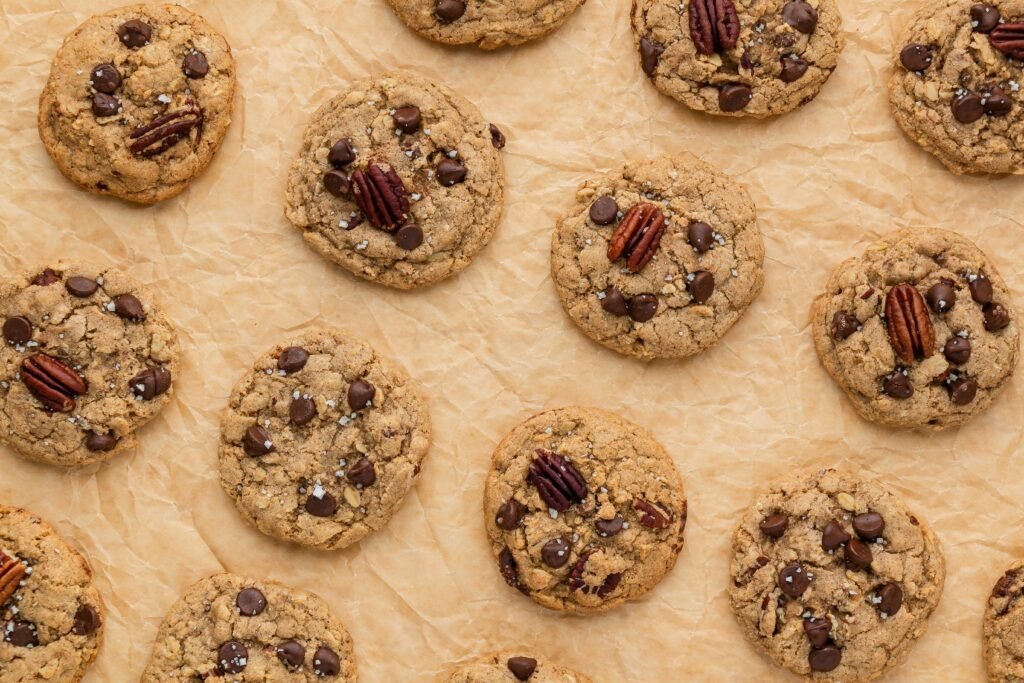Health
Bill Gates Wants to Replace Your Butter — And the Internet Is Losing It
In a groundbreaking move that has stirred widespread attention, Bill Gates is backing a California-based startup, Savor, that has developed a lab-made butter made entirely from carbon and hydrogen — without any involvement of animals, plants, or traditional farming. This carbon-made butter promises to be indistinguishable from traditional dairy butter in taste, smell, and texture, but with a fraction of the environmental impact.

How Is This Butter Made?
Savor’s innovative process involves capturing carbon dioxide (CO₂) from the air and hydrogen from water, then heating and oxidizing these components to create fat molecules chemically identical to those found in dairy butter, beef, cheese, and vegetable oils. The result is a creamy butter-like product made without farmland, fertilizers, or greenhouse gas emissions. The company’s food scientist describes the initial product as resembling candle wax, but in molecular terms it is genuine fat.
Sustainability at Its Core
Traditional butter production involves raising cows on farmland, producing significant greenhouse gases such as methane, and consuming vast amounts of water and land. In contrast, Savor’s carbon butter production requires nearly 1,000 times less land and releases zero greenhouse gases during manufacturing. Moreover, the product contains no palm oil, a common ingredient in butter alternatives often linked to deforestation.
Bill Gates, a vocal advocate for sustainable innovations, expressed on his blog:
“The idea of switching to lab-made fats and oils may seem strange at first. But their potential to significantly reduce our carbon footprint is immense. The process doesn’t release any greenhouse gases, uses no farmland, and less than a thousandth of the water that traditional agriculture does. Most important, it tastes really good – like the real thing, because chemically it is”.
Public Reaction: Praise and Backlash
The announcement has sparked a mix of excitement and skepticism. Many admire the potential to transform the food industry and tackle climate change with this innovation. Savor is already partnering with restaurants and food suppliers to launch butter-infused products, such as chocolates, as early as the 2025 holiday season, with broader retail availability expected around 2027.
However, not everyone is on board. Online reactions have included outspoken critics like right-wing radio host Alex Jones, who publicly rejected the product, tweeting:
“Bill Gates’ attempt to roll out disgusting lab-grown meat and butter triggers the MOTHER OF ALL BACKLASHES. We the People aren’t buying it, and we’re certainly not eating it either!“.
What This Means for the Future of Food
Savor’s technology represents a bold step towards a future where food production is decoupled from environmental harm. By creating fats and oils from air and water, this new approach can reduce the 7% of global greenhouse gas emissions linked to animal and plant fat production, making it a key player in climate action strategies within the food sector.
As Bill Gates emphasizes, this is not just about butter:
“This is really about how we feed our species and heal our planet at the same time.“.
This innovation in butter production, backed by one of the world’s most influential investors and climate advocates, promises a future where environmental responsibility and culinary delight come together in a single spread. Whether embraced or rejected, it marks a defining moment in the evolving landscape of sustainable food technology.